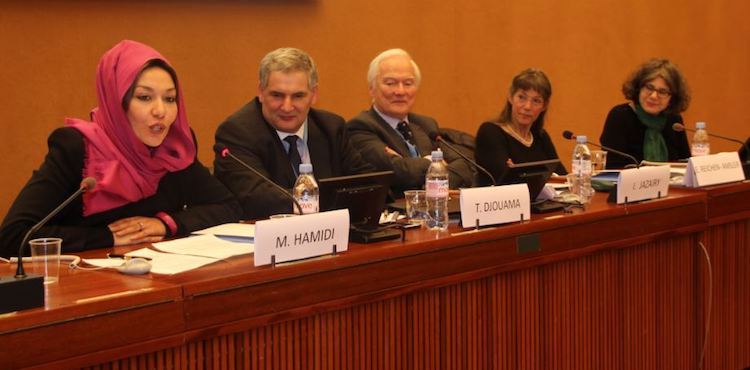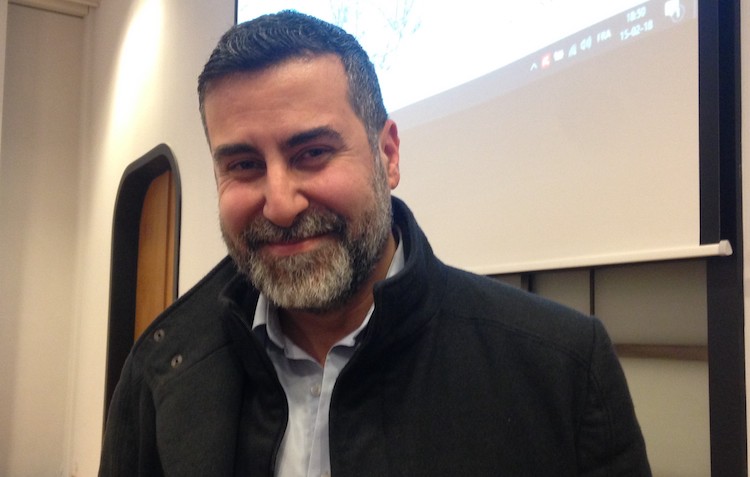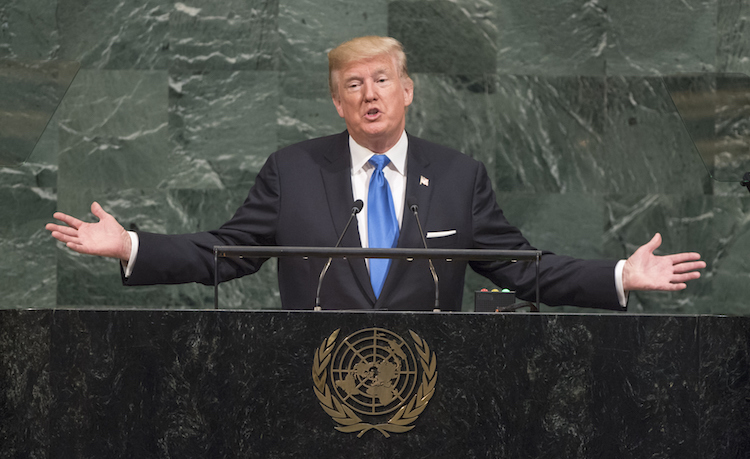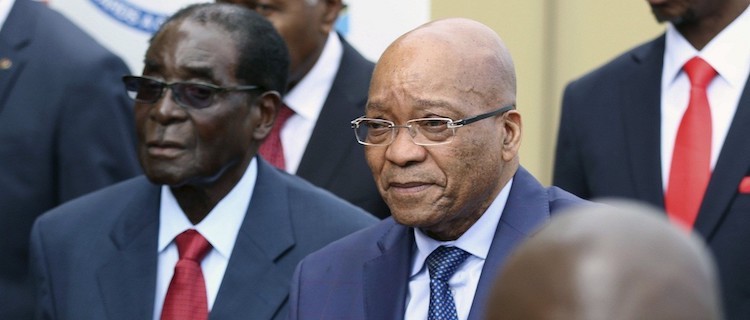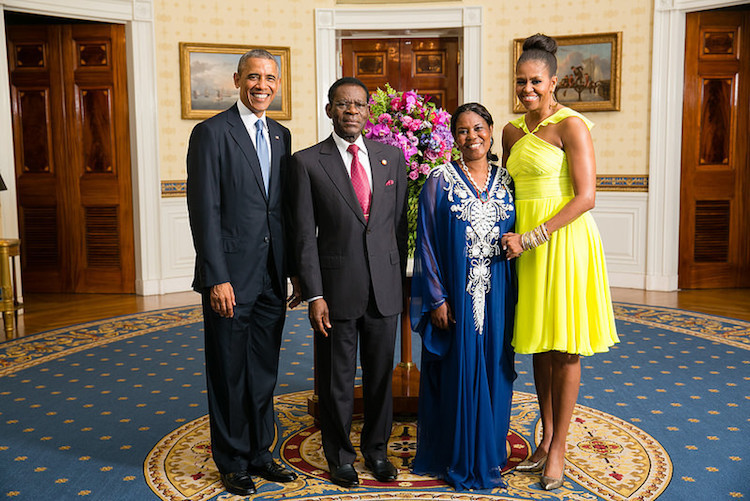By Jaya Ramachandran GENEVA (IDN) – The headscarf that sparks heated debates in Europe is a source of commonality between the three main Abrahamic religions Islam, Christianity and Judaism, according to experts who participated in a debate at the United Nations office in Geneva. The event on February 23 focused on: Veiling/Unveiling: The Headscarf in […]
South Korea Urged to Keep Increasing Development Aid
By Tae Han Goo SEOUL (IDN) – South Korea, often cited as a leading example of how sound economic policies can drive growth and development, blazing a trail from poverty to advanced industrialisation throughout the 1970s and 1980s, will have a greater impact on international development cooperation if it manages to produce a clear plan […]
Beware of Branding Africa as the World’s Most Corrupt Region
By Jutta Wolf This is the first in a series of reports highlighting salient aspects of Transparency International‘s latest analysis on challenges posed by corruption around the world as well as successes and failures of efforts targeting a scourge that eats into the vitals of human rights. – The Editor. BERLIN (IDN) – Though Africa […]
Scholars Explore Violence in ‘Postcolonial, Neocolonial World’
By A.D. McKenzie LIEGE (IDN | SWAN) – While scholars discussed “Violence in the Postcolonial and Neocolonial World” at a conference in this eastern Belgian city, news of various acts of violence filled the airwaves, underlining the extent to which people have to deal with the issue on a constant basis. The Liège meeting, February 15-16, […]
Trump Breaks Nuclear Taboos, Strives For Supremacy
By Daryl G. Kimball and Kingston A. Reif Daryl G. Kimball is Executive Director of the Arms Control Association and Kingston A. Reif its Director for Disarmament and Threat Reduction Policy. This article appeared as Issue Brief on February 15, 2018 with the caption ‘The New U.S. Nuclear Strategy is Flawed and Dangerous. Here’s Why.’ […]
A Revolutionary Change is Sweeping Across Southern Africa
Viewpoint by Jonathan Power* LUND, Sweden (IDN-INPS) – It’s been an odd couple of months for southern Africa. No one predicted last year that in almost the same breath the long-serving dictator of Zimbabwe, Robert Mugabe, and the super-corrupt president of South Africa, Jacob Zuma, would be soon overthrown – and non-violently to boot. In […]
Equal Rights to Economic Resources Vital to Gender Equality
By Heather Wokusch* This is the eighth and last in a series of reports on the Vienna UN Conference from January 10-12, 2018, which discussed actions and challenges linked to the Sustainable Development Goal 5 (SDG 5) and in the spirit of SDG 17. The Vienna Liaison Office of the Academic Council on the United […]
Obiang Restores Death Penalty in Bid to Save Unpopular Regime
By Global Information Network NEW YORK (IDN) – The Central African Equatorial Guinea, under President Teodoro Obiang Nguema Mbasogo, is reviving the odious death penalty against 147 opposition activists accused of “rebellion, attacks on authority and public disorder”. The activists include leaders of Citizens for Innovation (CI), many of whom were rounded up after a […]
Ethiopian Resignation Triggers Anxiety, Anger and Emergency
By Lisa Vives, Global Information Network NEW YORK | ADDIS ABABA (IDN) – The Ethiopian government has given itself sweeping new powers – from restrictions on freedom of assembly and free expression to the deployment of combat-ready troops in civilian centers. The newly imposed state of emergency is expected to last six months. The harsh […]
UN Turns To ‘Unite Ideas’ In Support Of The Global Goals
By J Nastranis NEW YORK (IDN) – The United Nations is on way to improving tools available for designing sustainable development policies, and building a search engine for people working on solutions to achieve the Sustainable Development Goals (SDGs) for accessing relevant knowledge on science, technology and innovation. The UN Office of Information and Communications […]

